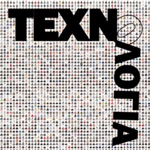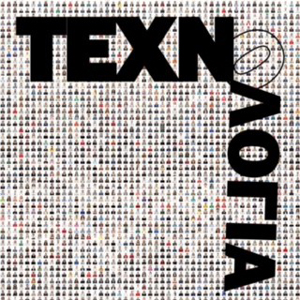Artists Consider the Concept of Care, Lisa Slominski , δημοσίευση στο Hyperallergic [9/3/2023]

LONDON — The concept of care is increasingly present in today’s cultural landscape. This is likely due in part to the COVID-19 pandemic, which cultivated a collective sense of recovery and responsibility to care (for ourselves and others) while navigating an unfamiliar illness and restrictions. Having recently moved my father, who has Alzheimer’s dementia, into an assisted living facility to support his personal needs, while co-directing a platform of collaborations by artists who identify as neurodivergent, intellectually, and learning disabled with varying access needs and modes of communication, I have been thinking a lot about the concept of care. From self-care to social care, the term is neither simple nor singular.
In considering the term “care” as a provocation in work by contemporary artists, I am drawn to feminist ethicist and psychologist Carol Gilligan’s concept of it. Gilligan describes care as “an ethic grounded in voice and relationships, in the importance of everyone having a voice, being listened to carefully (in their own right and on their own terms) and heard with respect.” Such a compelling proposition is present in artistic practices that critically engage with and accessibly activate this concept of care. In particular, the statement in their own right and on their own terms resonates with these artists, who are charged by their experiences to activate responsibility, access, and inclusion in their creative practices.
Upon entering Leah Clements’s recent solo exhibition, INSOMNIA, at the South Kiosk gallery in South London, visitors are embraced by multiple sensory channels to experience the work. Stepping off of the entrance ramp, the softness of a tactile carpet can be felt through sneakers. Amid a curtained atmosphere, the audience encounters a series of photographs capturing the state of in-betweenness felt while experiencing insomnia. Grainy and ambiguous, the photographs document Clements’s middle-of-the-night surroundings. A voice also comprehensively describes the room and individual photographs. Much of the artist’s work draws on her own experiences to develop a language of illness and disability proposing otherworldy space, such as that explored in INSOMNIA, as an alternative to the sick body. She is steadfast in implementing practical accessibility measures into her practice. In 2019, along with Alice Hattrick and Lizzy Rose, she produced Access Docs for Artists, an online resource that offers guidance to those in the arts with specific needs on how to produce and share with collaborators documents that outline their personal needs (also called “riders”). Clements’s intrinsic and conceptual incorporation of the audio description critically shifts the exhibition into a more inclusive space and experience, an act of care for her audience.
Η συνέχεια εδώ.





